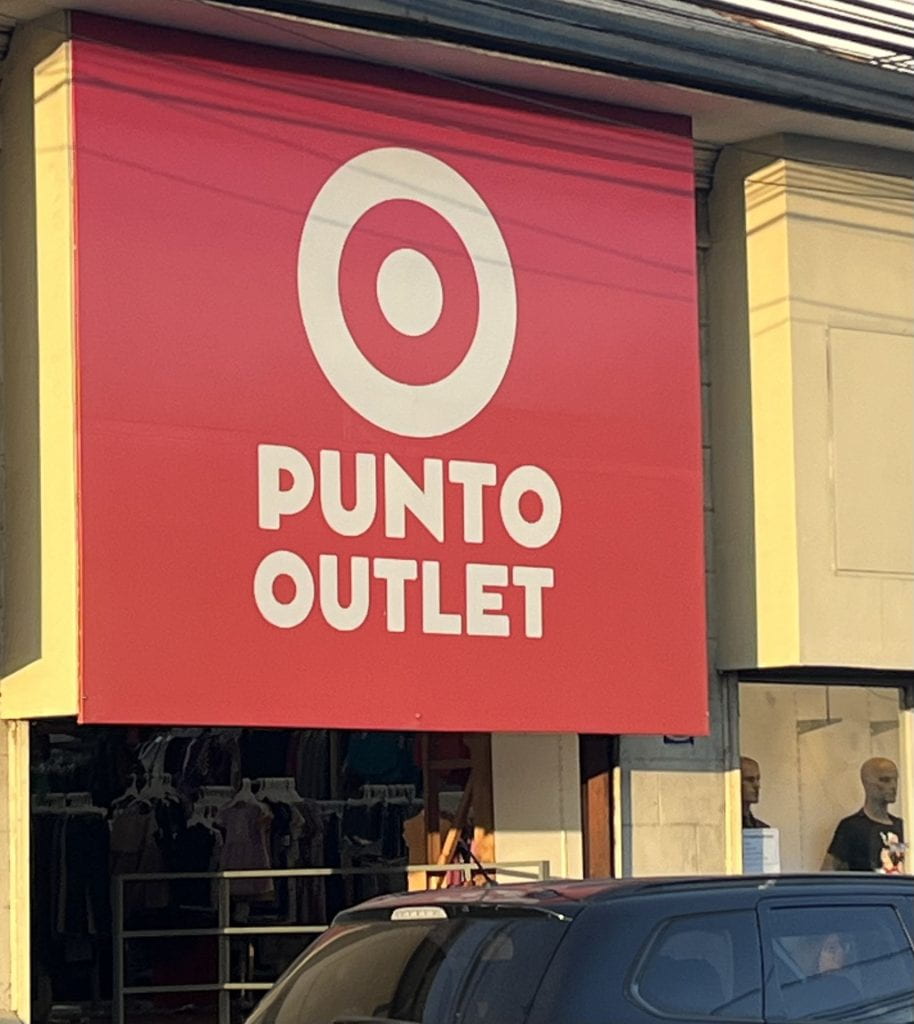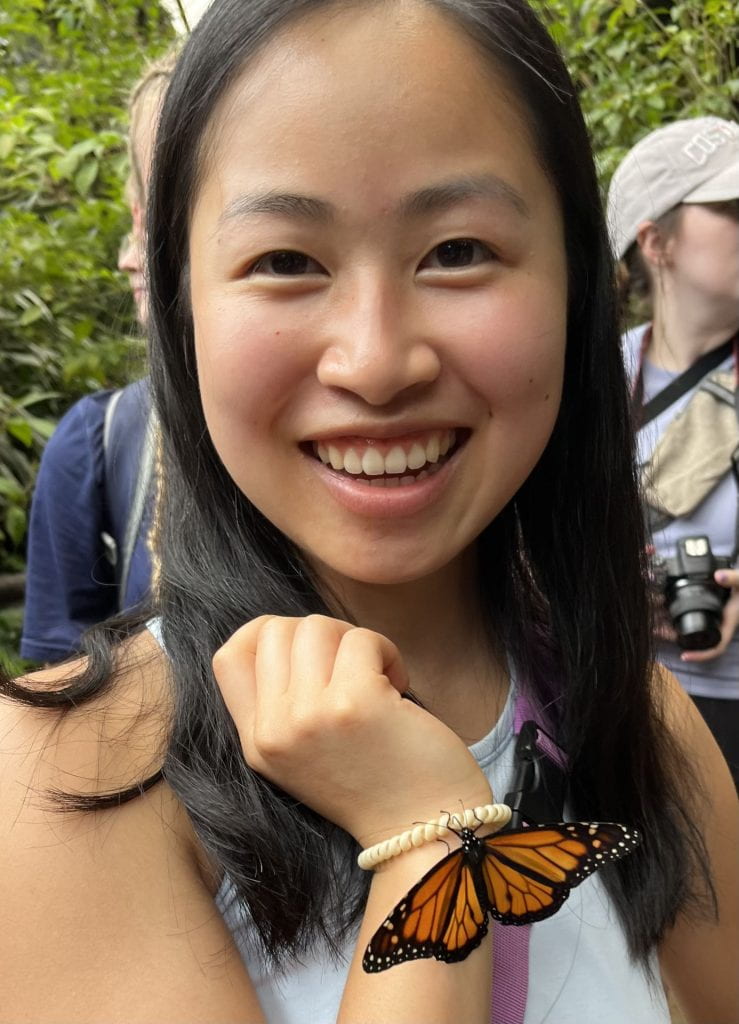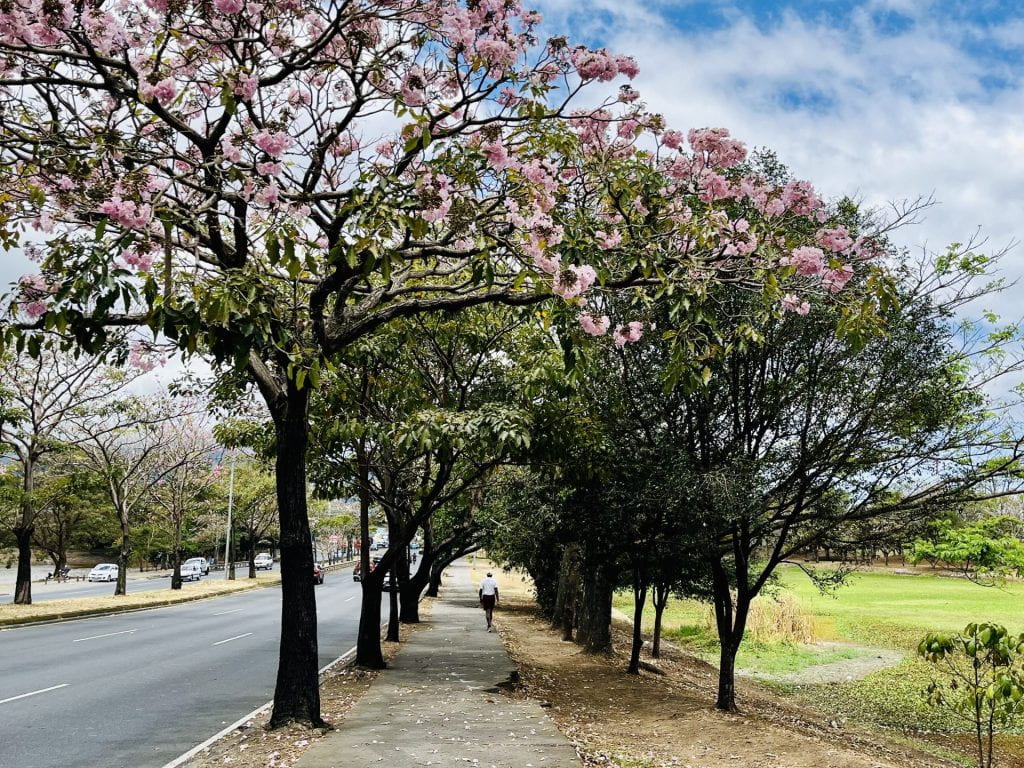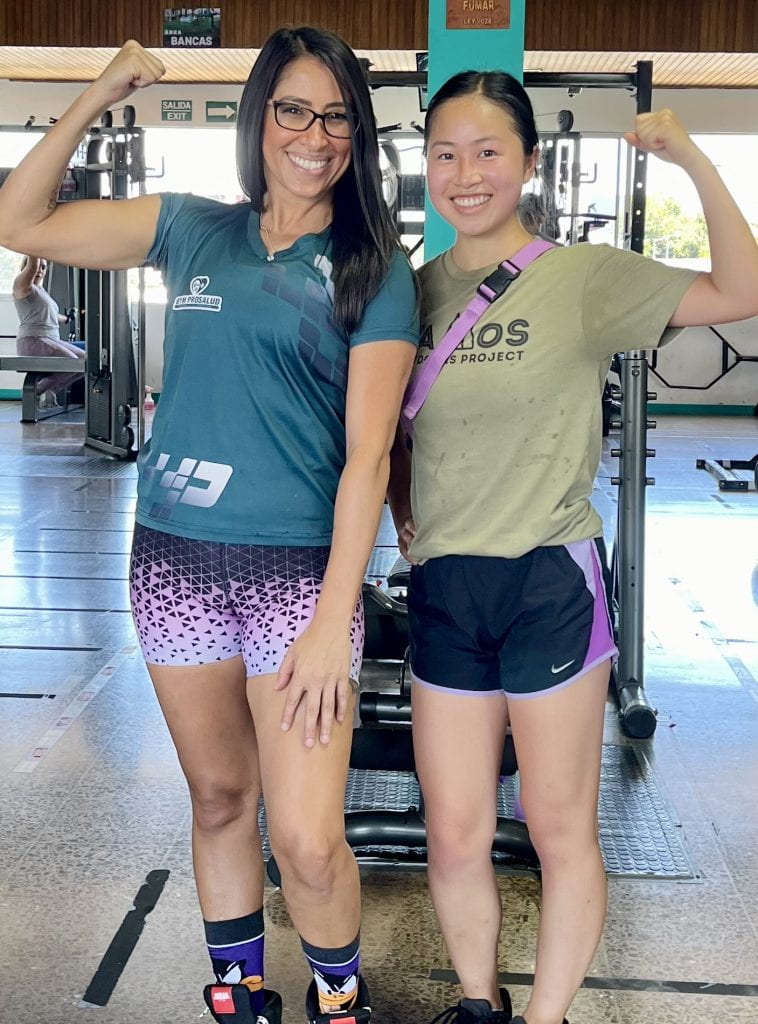Structure
I struggled greatly with how to organize my thoughts in this final post. In the end, I have decided that I will be answering some of the questions proposed in the prompts as written. I wanted to come up with something more creative, maybe some kind of timeline or something, but everything resulted in a messy string of words that seemed to do the opposite of my goal; to inform those who come after me. I’ve also included a section where I reflect on some of my travel experiences, in hopes of inspiring others to try their hand at some of the things I’ve done.
What were some of your biggest takeaways from your international experience?
I think my absolute biggest takeaway from my time abroad is that it is really important that people make efforts to educate themselves about countries and cultures that are different from theirs, as I think it can be a very eye-opening thing. Being able to escape the vacuum of your own culture and see it through a new lens really helps to make you a more well-informed and independent person, in my experience.
What advice would you pass along to other interested students considering studying abroad?
This isn’t really advice, more so just something that I wish more people knew, but studying abroad can be affordable for many people. I never would have thought I could afford to study abroad, no matter how much I wanted to, but in reality, with a bit of help from people around me (and financial aid), it was very affordable.
Is there anything you would do or plan differently based on your experience?
I wish I would’ve put myself out there a bit sooner. While I did end up meeting a great group of friends, it took me a while to adjust and move beyond the one or two people I met within my first few days. It can take a lot to put yourself out there, but I implore anyone studying abroad to make an effort to do so!
Have you considered going abroad again or researching international internships and careers?
I have wanted to teach English abroad for a long time, and spending time in Japan has made it all the clearer to me that Japan is the country I would most like to teach in. However, being able to meet people from different countries I may have never considered before has opened my eyes to some other opportunities. Namely, Taiwan. I was able to make a few Taiwanese friends, and now that I have been introduced to the wonderful culture and people of the country, I would really like to go there someday, even if it just ends up being for travel.
We have multiple identities that cross the boundaries of race, gender, sexuality, class, age, ethnicity, religion, ability, veteran status, citizenship, and more. Describe your experience exploring identity in your host community.
Japan is a country almost notorious for its rules, and its “the nail that sticks out gets hammered down” approach to individuality. However, I wouldn’t say that this reputation is necessarily true. Of course, my sample size mostly consisted of people included those specifically attending an international school, so perhaps it isn’t a good reflection of the population as a whole (I mean, I can only do so much) but I met many people at my school and throughout the country who broke the mold of traditionalism and who lived happily as truly themselves.
This may be the first time you lived abroad as a guest in another country—a country for which you may or may not have citizenship. How did it feel to be “the foreigner”?
Japan is a very tourist-heavy country, so while the population is nearly 98% ethnically Japanese, being a foreigner isn’t honestly all that uncommon. In my experience, I was often painted a scene that I would stick out in any crowd as the only foreigner, but I only found this true on occasion. Of course once you leave more touristy areas this does become increasingly more true, however, I think speaking some of the language really helps to close this perceived gap.
My best experiences
One thing that wasn’t really on my radar when I started realizing I was actually going to be able to go was one of my biggest interests. If at all possible, I would highly recommend attending a sports game in Japan, or really in any country you find yourself in. It’s a great way to immerse within the local people and share a common ground, especially when the sport you go to watch is niche in the country, in my case I caught a Tohoku Free Blades ice hockey match in Hachinohe City, Aomori Prefecture. It was entirely worth the trip, even if it was a bit out of the way of the main bullet train lines.
The other thing I really highly recommend is actually something I did on my final bit of travel in Tokyo before heading home, and that was going to a concert. I attended メメタァ・ザ・ワールド・フェスティバル 2024 (Memetaa the World Festival 2024) in Shinjuku, Tokyo which consisted of many bands I didn’t know, but also one of my absolute favorites, KALMA. I was incredibly fortunate to be able to see them live, something I may never get the chance to do again, and also got introduced to another great band in the process. I highly recommend catching a concert or a festival if there’s something you’re interested in seeing. Trust me, it will be worth it for the memories!
(Small tip about concerts in Japan; Many are picture and video free! Keep an eye out for signs PERMITTING phone usage during shows, not ones disallowing it! From what I can gather, it is pretty much the standard for it to be disallowed. Speaking from experience!)
Conclusion
Now that studying abroad exists only as something in the past for me, I can’t help but wish to return to the many great moments and great people I had met along the way. I want to sincerely thank everyone who helps the study abroad programs through Western run smoothly, it was truly a life changing experience for me and I wouldn’t trade it for the world.
Thank you!




